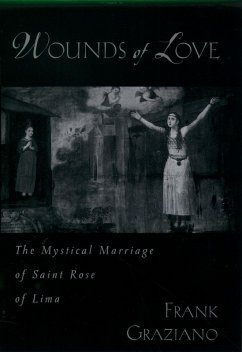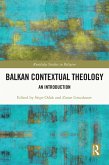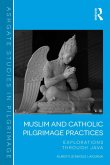The Peruvian mystic St. Rose of Lima (Isabel Flores y Oliva, 1586-1617) was canonized in 1671 as the first saint of the New World and remains the object of widespread devotion today. In this engrossing new study, Frank Graziano uses the example of St. Rose to explore the meaning of female mysticism and the way in which saints are products of their cultures. Virginity, austerity, eucharistic devotion, incessant mortification, and mystical marriage to Christ characterized the devotional regimen that structured St. Rose's entire life. Many of her mystical practices echo the symptoms of such modern psychological disorders as masochism, depression, hysteria, and anorexia nervosa. Graziano offers a sophisticated argument not only for the origins and meaning of these behaviors in Rose's case, but also for the reason her culture venerated them as signs of sanctity. In the process he explores a wide range of themes, from the idea of suffering as an expression of love to the assimilation of childhood trauma through religious repetition. Graziano also offers a penetrating analysis of the politics of Rose's canonization. He finds that her mystical union with God--bypassing the institutional channels of sacrament and priestly mediation--was inherently subversive to the bureaucratized Church. Canonization was a cooptation by which Rose's competing claim to Christ was integrated into the Catholic canon. The book concludes with a fascinating exploration of mystical eroticism, with its intense experiences of vision and ecstasy. The eroticized suffering of many mystics is shown to be very human in origin: the mystic's wounded love is projected onto a God conceived to accommodate it. Wounds of Love is based on a decade of research in archives, rare books, and an extraordinary range of secondary sources. Introducing an innovative method that integrates history, cultural studies, psychoanalysis, and clinical psychology, this compelling work offers a bold new interpretation of female mysticism.
Dieser Download kann aus rechtlichen Gründen nur mit Rechnungsadresse in A, B, BG, CY, CZ, D, DK, EW, E, FIN, F, GR, HR, H, IRL, I, LT, L, LR, M, NL, PL, P, R, S, SLO, SK ausgeliefert werden.









